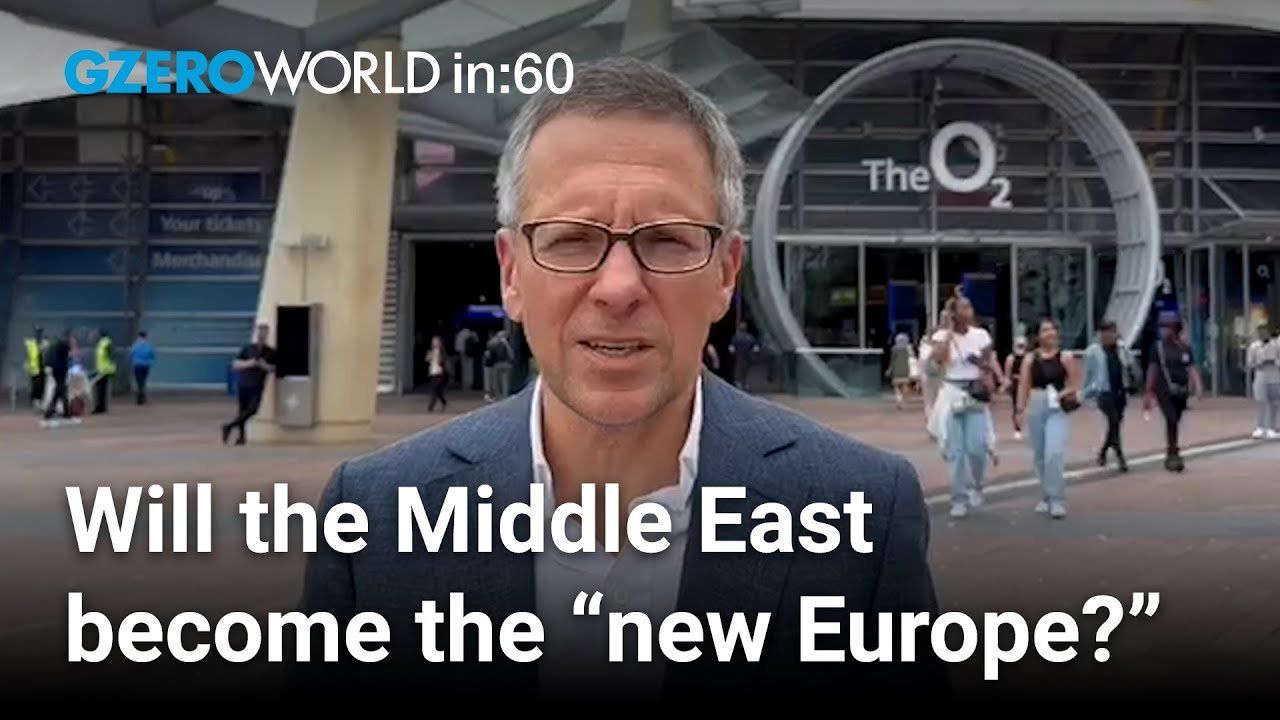
Ian Bremmer shares his insights on global politics this week on World In :60.
First, will there be long-term regional consequences following the devastating Moroccan earthquake?
I hopefully I think the answer to that is, no. I mean, the response from the government was relatively, it wasn't immediate. And it wasn't great to begin with, in part, because the king, I guess, was in Paris. And it's very vertical. Nothing happens without the king. But now they're moving. There's a lot of international humanitarian aid going in. And as devastating as it is in terms of human lives, the ability to keep Marrakech going is pretty high. Even the IMF annual meeting in a few weeks’ time should still be there. So on balance, I think this is one where the consequences are borne by all of the families, but not on Morocco more broadly.
Secondly, is the Middle East on its way to becoming “the new Europe,” as Mohammed bin Salman recently said?
Yeah, no, I wouldn't go that far. But certainly, Mohammed bin Salman has done more in terms of reform and dramatic transformation of his country, and yes, with some downside, than anyone could have imagined before he came in. That's why he's so incredibly popular among the young people in Saudi Arabia, and certainly, it's why he's attracting a lot more attention to the region, including capital investment from a lot of different places.
And finally, Kim Jong Un is traveling to meet Putin. How concerned is the West?
Should be concerned in part because that's the only person out there that really supports Putin right now. It's like Belarus, it's North Korea, it's Iran, it's rogue states that the Americans and the Europeans cannot contain or constrain. And that's a serious problem.
That's it for me. I'll talk to you real soon.
- Why isn’t Morocco accepting more help? ›
- Killer quake strikes Morocco ›
- The Saudis want to be peacemakers in Ukraine ›
- Israel/Palestine one of the few Middle East areas getting less stable ›
- Putin toasts to “strengthening of cooperation” with Kim Jong Un ›
- Putin hosts Kim Jong Un at arms summit ›
- Kim Jong Un meets Vladimir Putin ›